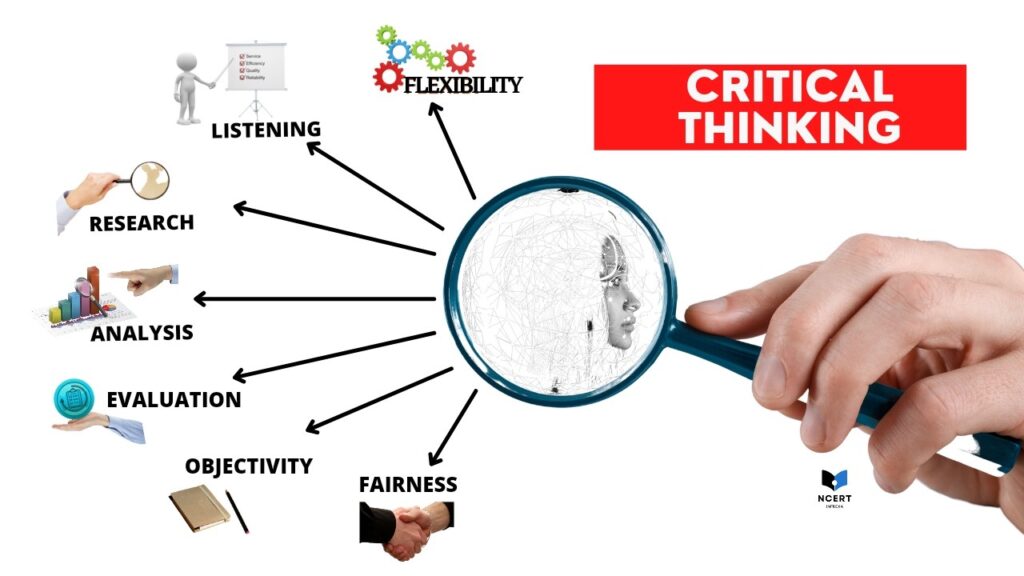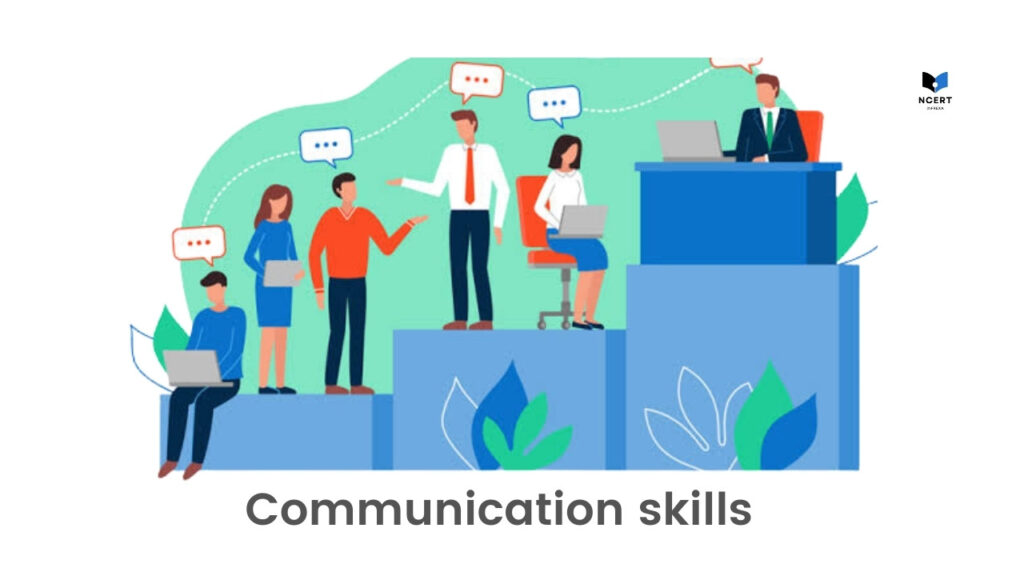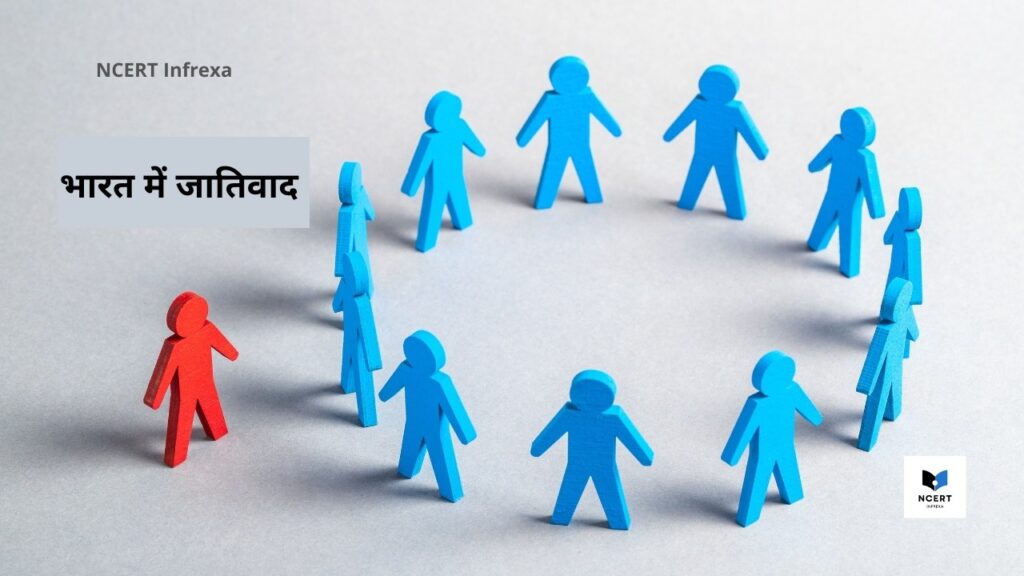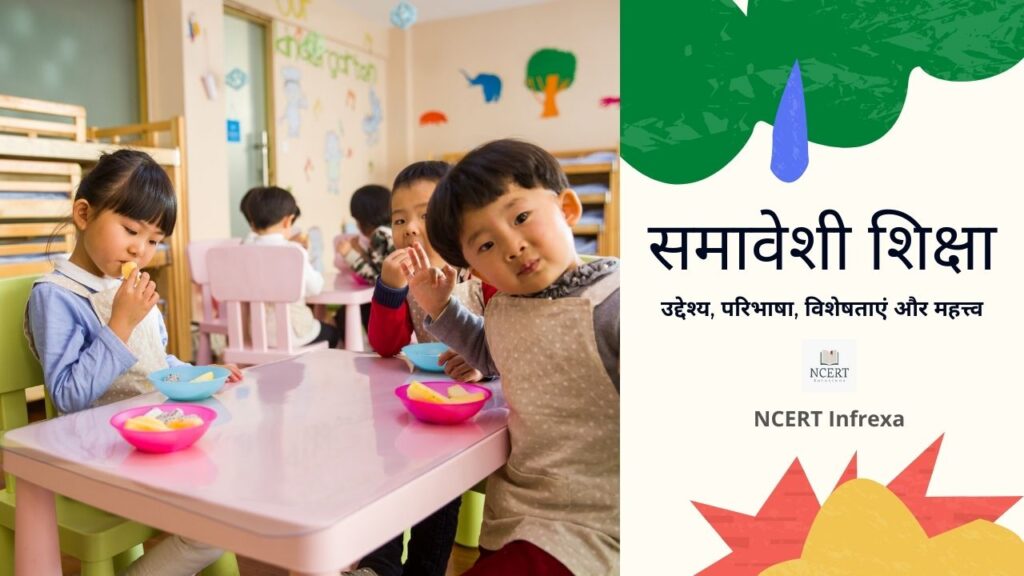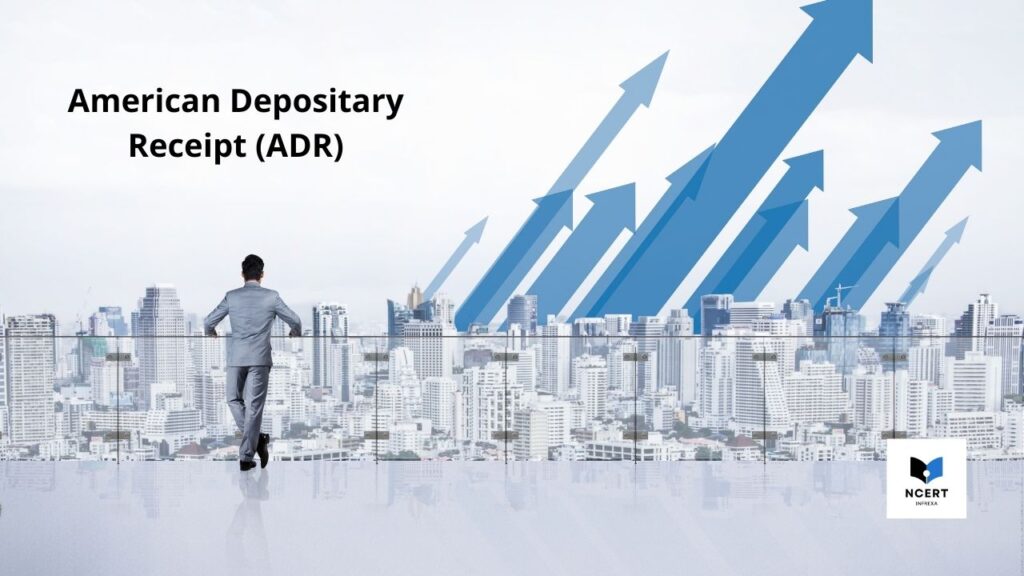Critical thinking is a vital skill for understanding and navigating the complexities of today’s world. It involves a structured approach to analyzing information, recognizing biases, forming well-reasoned judgments, and making informed decisions.
It encourages individuals to acquire knowledge independently, fueling curiosity and the desire to learn. This, in turn, leads to asking more questions and seeking a detailed understanding of various topics.
Why is it Important?
In the information age, we’re constantly bombarded with messages from all directions. Critical thinking helps us differentiate between truth and fiction, fact and opinion, and make sound decisions in all areas of life. Whether you’re picking a career, judging news, or solving problems, critical thinking is key.
Characteristics of Critical Thinking
- Analysis: This involves evaluating information, questioning assumptions, and identifying biases.
- Synthesis: It connects ideas, identifies patterns, and builds logical arguments.
- Evaluation: It involves weighing evidence, considering diverse perspectives, and overcoming cognitive biases.
- Communication: Critical thinkers clearly express ideas, engage in constructive dialogue, and adapt their communication style to the audience.
Benefits of Critical Thinking
- Improved Decision-Making: Helps in making well-informed choices in both personal and professional life.
- Enhanced Problem-Solving Skills: Improves the ability to analyze problems, find solutions, and evaluate their effectiveness.
- Effective Communication: Promotes clear and concise communication, facilitating collaboration.
- Lifelong Learning: Empowers individuals to continually learn, adapt, and thrive in a changing world.
Related: IQ Test: How to Know Your IQ
Role in Education
When students engage with a topic deeply, they begin asking questions like why, what, and how. This questioning leads to gathering relevant data and information, helping them understand both the factual and emotional aspects of a topic. This process encourages critical thinking, guiding students toward success by helping them distinguish right from wrong and truth from falsehood. It also aids in problem-solving and nurtures curiosity for comprehensive knowledge on various subjects.
Conclusion
Critical thinking requires active engagement, intellectual curiosity, and a willingness to challenge assumptions and explore different perspectives. By developing these skills, individuals can navigate complex information, make well-informed decisions, and contribute meaningfully to society.
